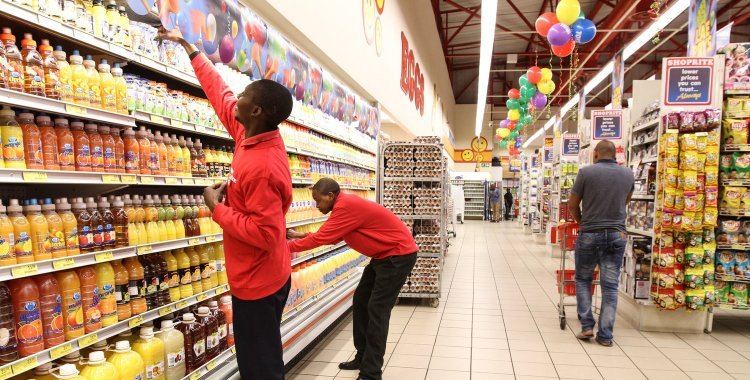The Food and Non-Alcoholic Beverages class registered the highest price increase, with 2.33 percent, followed by Health, with 2.08 percent, Clothing and Footwear, with 2.06 percent, and Hotels, Cafes and Restaurants, with 2.00 percent, refers to the National Consumer Price Index (IPCN).
The Food and Non-Alcoholic Beverages class was also the one that, according to INE, "contributed most to the increase in the general price level", being responsible for 1.13 percentage points of the 1.99 per cent increase in November.
The figure recorded in November this year represents an increase of 0.18 percentage points and, in year-on-year terms, of 0.46 percentage points compared to the 1.53 per cent recorded in the same period of last year.
Over the last 12 months, Angola has accumulated a 24.9 percent increase in consumer prices, a figure that exceeds 24.7 percent between December 2016 and November 2017 - the highest value for this indicator in the last three years.
Since the start of the year, inflation in Angola has totalled 22.57 percent, a figure similar to that recorded in the first 11 months of 2017, when it reached 22.21 percent. Compared to 2019, this represents an increase of 7.86 percentage points over the 14.71 percent recorded then.
According to INE, the provinces with the greatest increase were Lunda Norte (2.49 percent), Luanda (2.14 percent), Moxico (1.89 percent) and Bié (1.88 percent).
On the other hand, the provinces with the least variation were Zaire (1.57 percent), Cabinda (1.54 percent), Namibe (1.52 percent) and Lunda Sul (1.41 percent).
In the proposed General State Budget for 2021, Luanda estimates an annual accumulated inflation rate of 18.27 percent for next year.
Due to the covid-19 pandemic, there was a reduction in the price of a barrel of oil, which led the member states of the Organization of Petroleum Exporting Countries and their partners to reduce production in order to balance the price of a barrel of oil.
At the end of November, the Monetary Policy Committee of the National Bank of Angola maintained the forecast of 25 percent inflation for the current economic year "so it will continue to monitor all monetary factors determining inflation.







